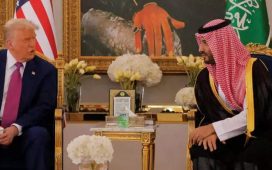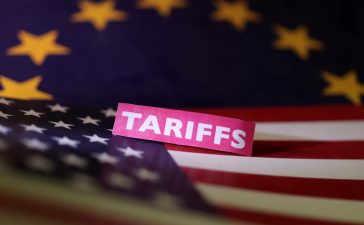However, in any context, such linkages, existing or potential, are numerous and diverse. One of the central conceptual issues in the use of the term ‘formalisation’ that we seek to highlight is that it is frequently used to describe and compare extremely diverse institutional linkages and processes across diverse contexts.
Such diversity does not allow for simple comparative analysis or unconditional external validity. Consequently, de-contextualised inference across such different contexts has the potential to lead to spurious assumptions and conclusions. Analysts have, nevertheless, often used a broad conception of formalisation to directly compare analytically distinct processes, while too often making claims that findings about one type of process in one context will apply to distinct processes and contexts….
Policymakers risk taking the lessons from studies of formalisation processes in a specific context – and apply them to very different ones.
From ‘Rethinking Formalisation: A Conceptual Critique and Research Agenda‘, Institute of Development Studies









